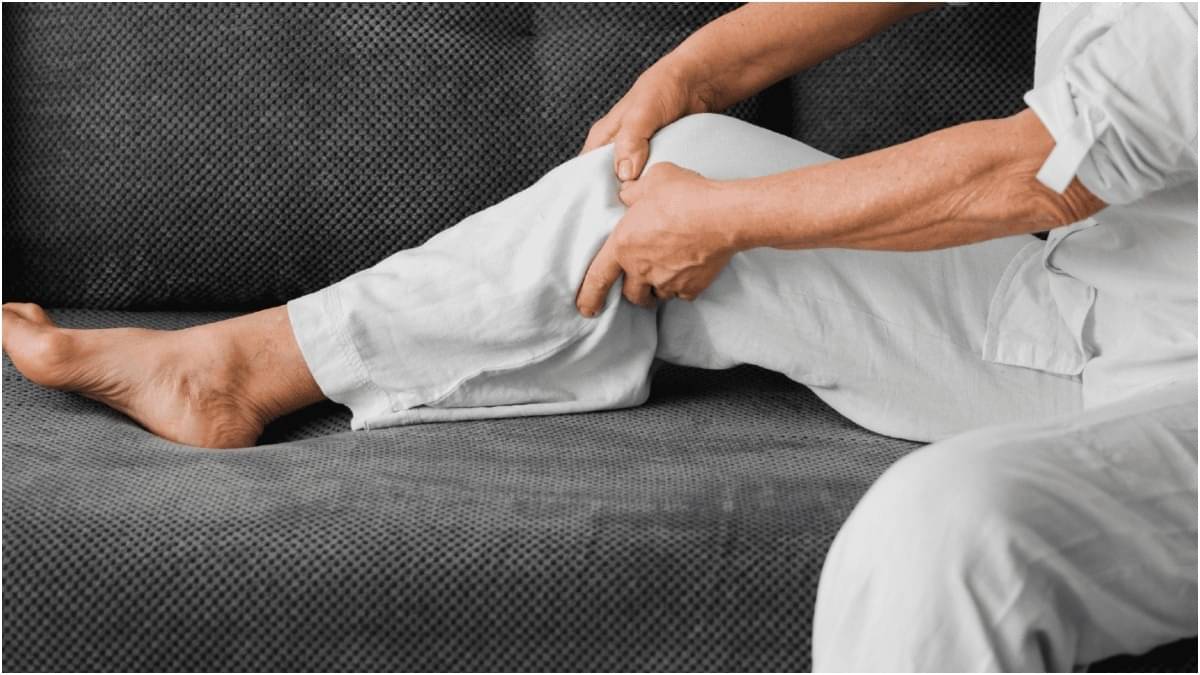Updated 26 July 2025 at 15:05 IST
If have you found yourself sitting still because of an uncomfortable sensation in your legs, especially at night, you might be dealing with RLS. This condition causes a strong urge to move your legs when you’re resting.

Image for representation | Image:
Sleep Foundation
Restless Leg Syndrome (RLS), also known as Willis-Ekbom Disease, is a neurological condition that causes an irresistible urge to move the legs—usually during the evening or nighttime hours when you’re sitting or lying down. This is accompanied by the a sensation, often described as crawling, tingling, itching or throbbing felt deep in the legs. RLS can cause sleep disruption and reduce quality of life if left untreated.

Are you suffering from RLS?
If have you found yourself sitting still because of an uncomfortable sensation in your legs, especially at night, you might be dealing with RLS.
Common symptoms of RLS include
— Uncontrollable urge to move legs, especially while resting
— Discomfort in the legs that improves with movement
— Symptoms worse in the evening or night
— Trouble falling or staying asleep
— Twitching or jerking legs during sleep

What to do if you think you have RLS?
Medical Diagnosis: It is common for RLS to mimic other conditions like anxiety, muscle cramps or circulation issues. A proper diagnosis from a neurologist or sleep specialist is essential. There’s no specific test for RLS, but symptom history and sleep patterns can help confirm it.
Check iron levels
Iron deficiency is strongly associated with RLS. Iron supplements or dietary changes may help if levels are low.
Things to avoid if you have RLS
Certain substances like caffeine, alcohol, nicotine and some specific medications can make RLS worse. Its better to avoid them.
Maintain healthy sleep
Stick to a regular bedtime
Avoid screens before sleep
Keep your bedroom cool and quiet
Avoid heavy meals before bedtime
Warm or cold therapy can help
Warm baths, heating pads, or cold packs can provide temporary relief. Some people find alternating hot and cold compresses helpful before bed.
Treatment options for RLS include
Iron supplements
Dopamine agonists (commonly used for Parkinson’s disease)
Anti-seizure drugs
Sleep medications for short-term relief
Natural and home remedies that can cure RLS
Leg massages before bed
Magnesium-rich foods like bananas, spinach, and nuts
Chamomile tea to calm the nerves
Foot reflexology or acupressure
Published 26 July 2025 at 15:05 IST

